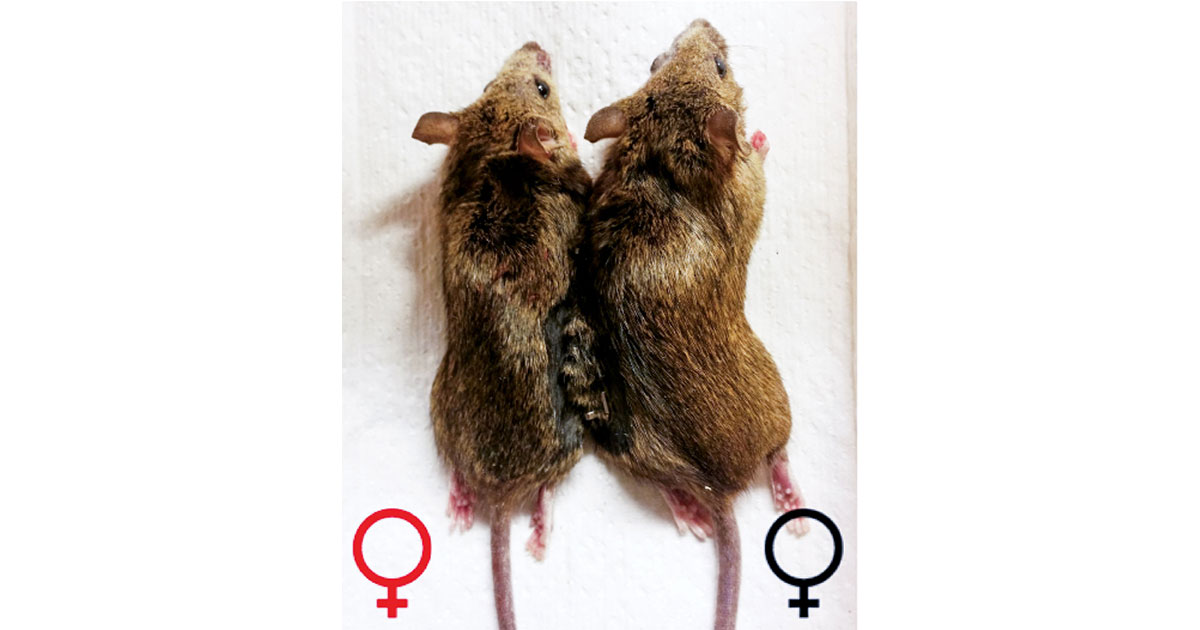Advertisement
Grab your lab coat. Let's get started
Welcome!
Welcome!
Create an account below to get 6 C&EN articles per month, receive newsletters and more - all free.
It seems this is your first time logging in online. Please enter the following information to continue.
As an ACS member you automatically get access to this site. All we need is few more details to create your reading experience.
Not you? Sign in with a different account.
Not you? Sign in with a different account.
ERROR 1
ERROR 1
ERROR 2
ERROR 2
ERROR 2
ERROR 2
ERROR 2
Password and Confirm password must match.
If you have an ACS member number, please enter it here so we can link this account to your membership. (optional)
ERROR 2
ACS values your privacy. By submitting your information, you are gaining access to C&EN and subscribing to our weekly newsletter. We use the information you provide to make your reading experience better, and we will never sell your data to third party members.
Biological Chemistry
Immune Cells And Flu Shot Reactions
Flu vaccine study correlates the activity of antibody-producing cells with short-term aches and fever
by Elizabeth K. Wilson
January 11, 2016
| A version of this story appeared in
Volume 94, Issue 2
Some people end up feeling crappy after a flu shot, some don’t. Researchers have found a link between complaints of short-term aches and fever after a flu injection and inherent elevated levels of a type of immune cell in those people’s bodies (Nat. Immunol. 2016, DOI: 10.1038/ni.3328). This unexpected immunological discovery, from an international team led by Adrian C. Hayday of King’s College London, carries important implications for understanding postimmunization adverse reactions. The immune cells, known as transitional B cells, produce antibodies and are also associated with some autoimmune diseases, suggesting that people who experience adverse reactions to flu shots may be more at risk for developing autoimmune diseases later in life. The new knowledge could also be important for cancer patients receiving immunotherapy, Hayday tells C&EN. The team injected 178 healthy volunteers with the UK H1N1 Pandremix vaccine, which protects against the swine flu responsible for an outbreak in 2009. In addition to the B-cell discovery, the researchers also gained insight into the role of vaccine adjuvants. Many vaccines, including Pandremix, contain adjuvants to boost efficacy, but their mechanisms of action have remained unclear. Within 24 hours of receiving the H1N1 vaccine, the volunteers’ bodies produced a burst of lymphocytes, a process that may have been boosted by the adjuvant.




Join the conversation
Contact the reporter
Submit a Letter to the Editor for publication
Engage with us on Twitter